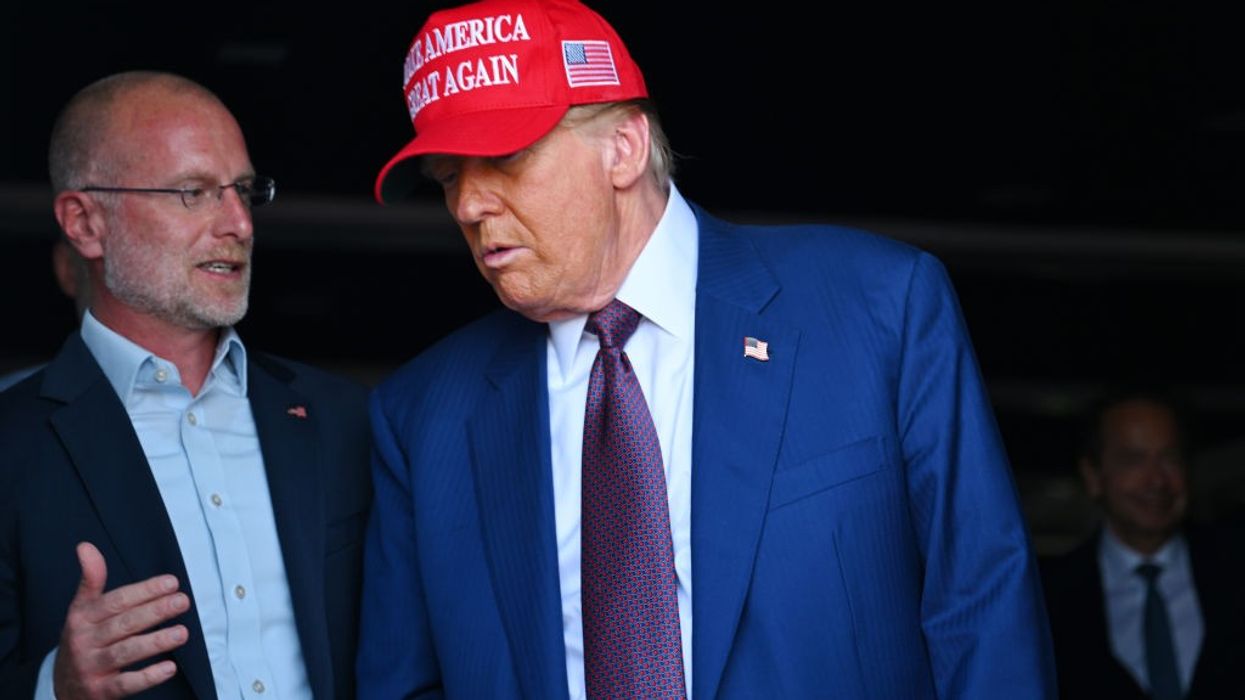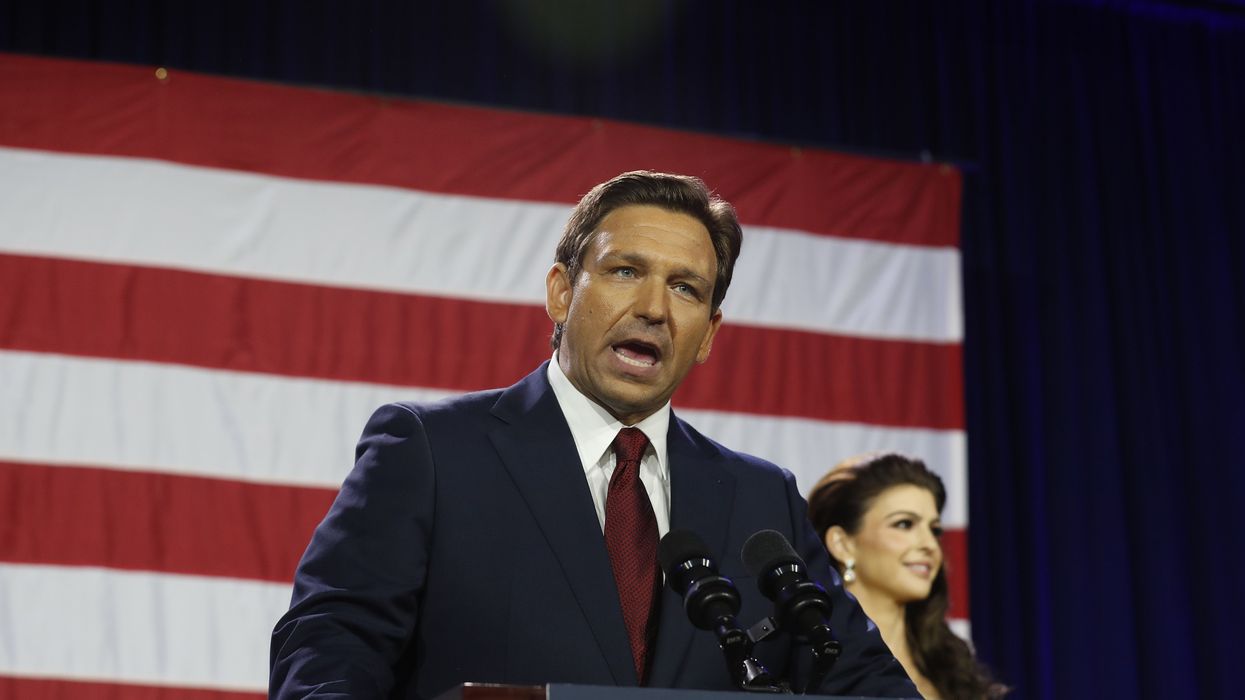Today's Social Media Are No Longer Safe for Journalism
This existential moment calls for a global social media platform for independent news media.
Hannah Arendt, the German-American political theorist who studied totalitarian regimes, noted in 1974 that “The moment we no longer have a free press, anything can happen. What makes it possible for a totalitarian or any other dictatorship to rule is that people are not informed; how can you have an opinion if you are not informed?”
Fifty years later, we have nearly reached that moment. This is existential for all independent (i.e., not allied with a political party or authoritarian regime) news organizations and their ability to reach audiences in the social media space.
Social media like Twitter (now X) and Facebook became important environments for the news media to enter two decades ago because they are where millions of people congregate online. For journalism organizations, the goal has been to post interesting stories and get referrals—those users who click through to the news site and boost web page views.
Yet, that relationship has fallen apart. Ultimately, tech companies are not interested in helping journalism or aiding civil discourse. The annual Reuters Institute for the Study of Journalism digital news report for 2025 notes “big falls in referral traffic to news sites from Facebook (67%) and Twitter (50%) over the last two years.”
The even bigger problem for independent news media is that most social media platforms are increasingly antithetical to freedom of the press.
There are millions of people in the social media space, and journalism shouldn’t leave them behind.
Since Elon Musk bought Twitter for $44 billion in 2022 and turned it into X, it’s become the disinformation-drenched social platform of the Donald Trump administration. This year, genuflecting to Trump, Meta (corporate parent of Facebook, Instagram, Threads, and WhatsApp) announced it would drop its independent fact-checking program in the U.S. in favor of an anemic, crowd-sourced “community notes” system, which has already been a failure at X. Another popular news platform, TikTok, has serious disinformation problems, security liabilities and an uncertain future.
Several news organizations around the globe decided they won’t take it anymore. NPR stopped posting on X in 2023, after the platform insisted on designating it as “U.S. state-affiliated media.” More recently, The Guardian announced it would stop posting on X, concluding it is “a toxic media platform.” Dagens Nyheter, the Swedish newspaper of record, Le Monde, the French newspaper of record, and La Vanguardia, the leading newspaper in Barcelona, quit X, too. The European Federation of Journalists, representing about 320,000 journalists, did the same. “We cannot continue to participate in feeding the social network of a man who proclaims the death of the media and therefore of journalists,” EFJ president Maja Sever wrote.
But, simply quitting X only eliminates the worst option and settles for the slightly less bad options that remain.
It doesn’t have to be this way.
There are millions of people in the social media space, and journalism shouldn’t leave them behind. For example, 54% of Americans get their news often or sometimes from social media. Adults 18-29 are the heaviest users of social media platforms. They deserve a social media platform that respects and informs them.
That’s why legitimate news media should band together and regain the autonomy they ceded to third-party social media. Independent news organizations–large and small–should cooperatively create and control their own social media platform that amplifies news and public information, encourages links to member news organizations, and excludes misinformation and disinformation.
Journalism has been so beaten down by big tech that it’s hard to imagine a different way of doing things.
The model for this is something almost as old as modern journalism, too: The Associated Press, an international cooperative nonprofit news agency. As the AP tells its founding story, “In 1846, five New York City newspapers funded a pony express route through Alabama to bring news of the Mexican War north faster than the U.S. Post Office could deliver it.” The problem with social media is similar–if it’s not working, work collectively to build another way. And, like the AP, it could be a global cooperative.
Journalism has been so beaten down by big tech that it’s hard to imagine a different way of doing things. But, a news-controlled social media platform could develop features that would demonstrate the multimedia ability of news organizations and enable the audience to create social connections in new and entertaining ways. Users could adjust their feeds to focus on local, regional, national, or international news, or whatever mix and topics makes sense to them, so all legitimate news organizations of any size get to be part of the platform.
Which news organizations and journalists could be part of such a social media cooperative?
Reporters Without Borders, the international journalism nonprofit, already has a powerful statement for fostering global information spaces for the common good, where “information can only be regarded as reliable when freely gathered, processed and disseminated according to the principles of commitment to truth, plurality of viewpoints and rational methods of establishment and verification of facts.” This would enable a broad range of journalism organizations to participate, and draw a bright line to exclude media propagating disinformation.
The challenge of creating a social media space for journalism is bigger than any single news organization can handle.
From a business perspective, journalism organizations, not third-party social media, would retain analytic data and any advertising revenue. The social media app could be free for any person with a subscription to any member news organization (e.g., a local newspaper, a national magazine of opinion, or digital news site), or with a nominal subscription fee, to provide built-in authentication and help prevent bot accounts. There are also strong global standards for content moderation through the International Fact-Checking Network, which was formed in 2015 and has a nonpartisan code of principles and more than 170 fact-checking groups around the world.
What would such a social media platform cost to create?
Clearly, $44 billion is too much. Bluesky, which has gained favor as an X alternative in recent months, offers a case for comparison. It started internally with just a handful of workers at then-Twitter in 2019. In the past two years, it’s received $23 million in seed funding to get it where it is today.
Bluesky may be the current favorite of many journalists, and has many advantages over other social media platforms, but its worthy purpose to encourage a less toxic space for public conversation does not primarily serve the goals of globally disseminating independent journalism.
Collectively building a nonprofit, cooperative global news-based social media platform would put verified news back in the center of public discourse.
The challenge of creating a social media space for journalism is bigger than any single news organization can handle. There has been talk for several years about Europe having its own social media platform to highlight democracy, diversity, solidarity, and privacy, and to avoid “foreign information manipulations and interference” from platforms based in the U.S. that have fallen into Trump’s power orbit and China-based platforms as well.
But, a nongovernmental platform, with a consortium of democracy-minded news organizations, may be most resistant to nationalisms and authoritarianism. The project could be built on an open-source structure like ActivityPub (the infrastructure behind Mastodon) or the AT Protocol (behind Bluesky), which would give more power to users.
Collectively building a nonprofit, cooperative global news-based social media platform would put verified news back in the center of public discourse. The alternative is the independent press’s passive acceptance of whatever social media ecosystems Silicon Valley plutocrats or authoritarian governments decide to make, which is bad news for a free press.
